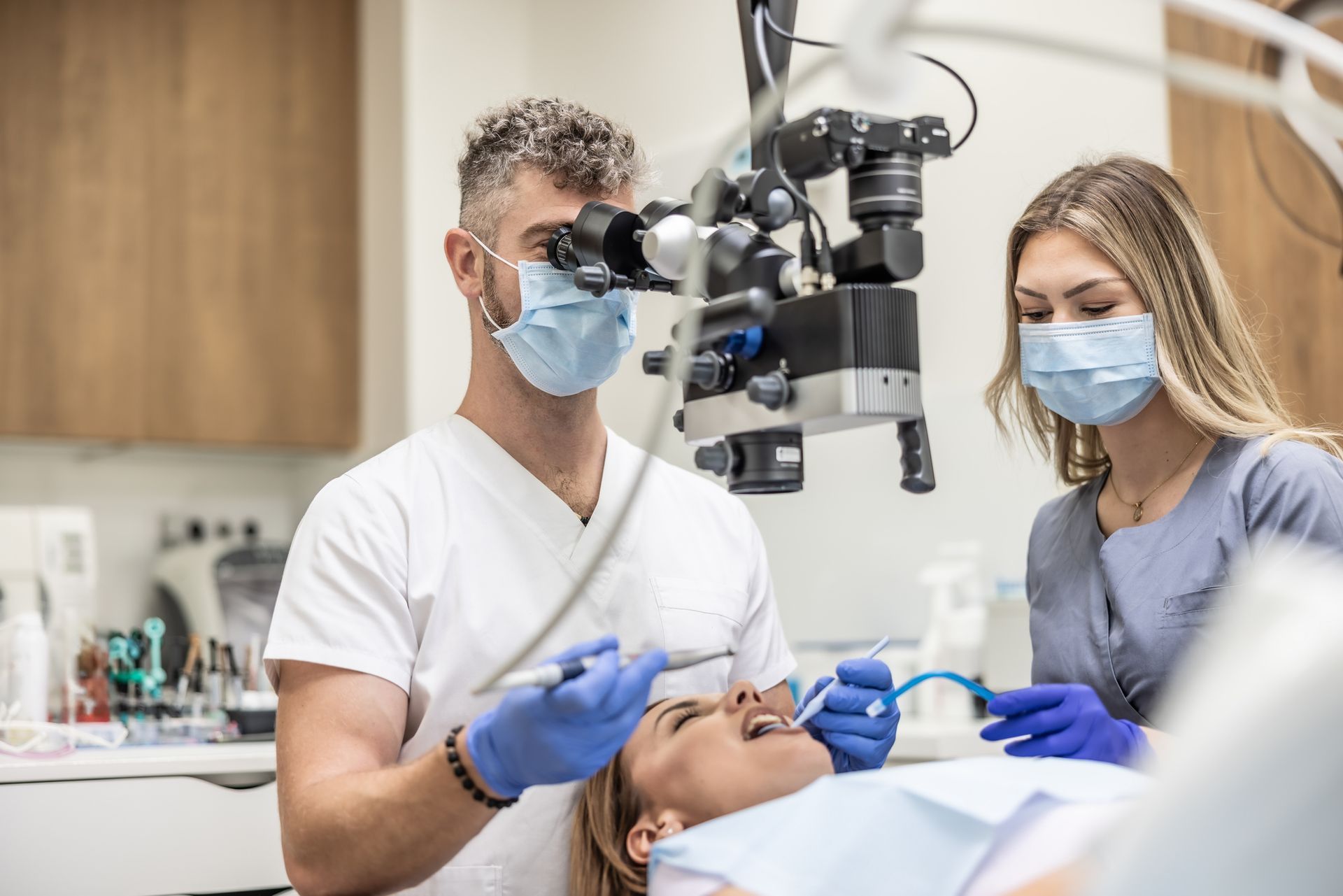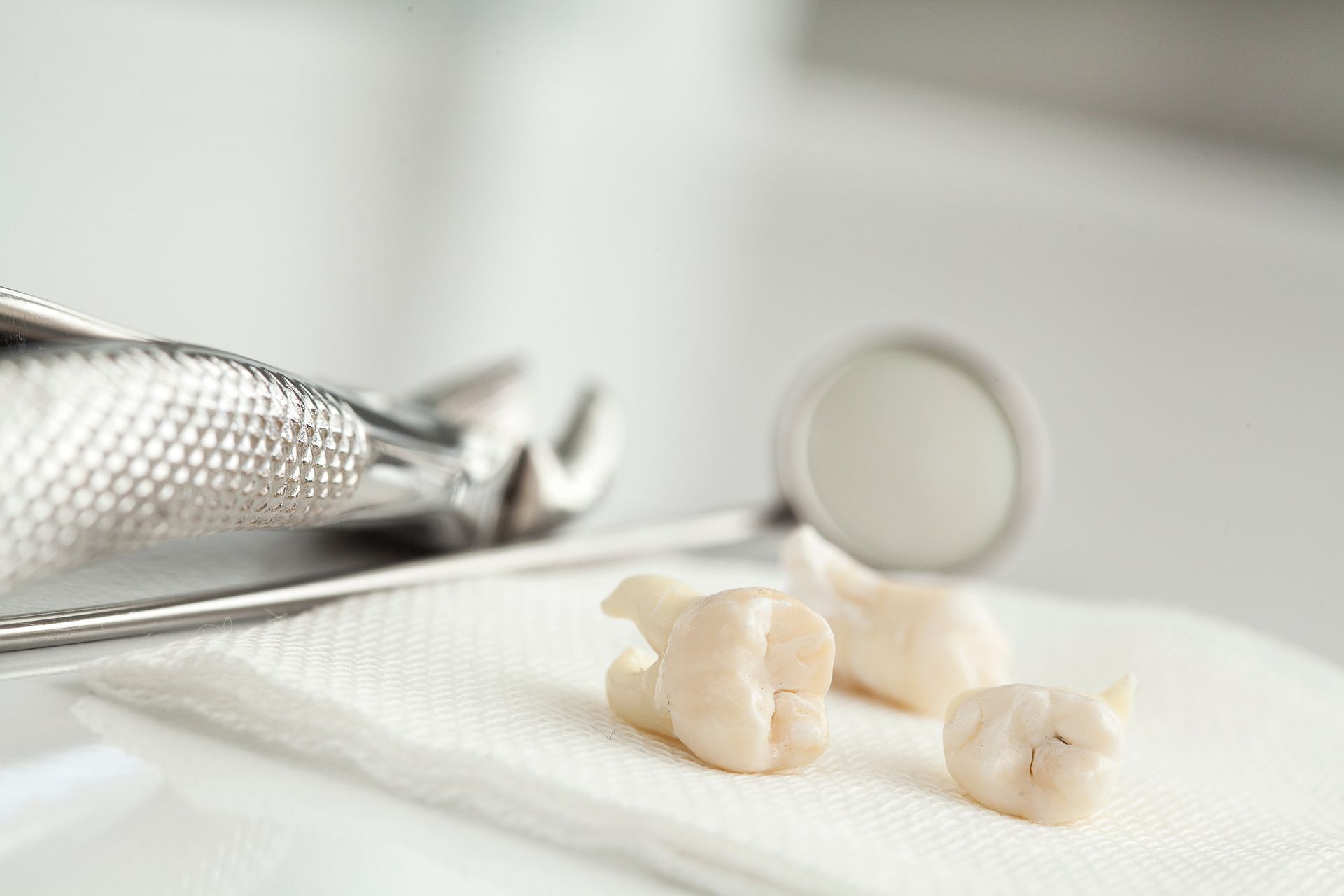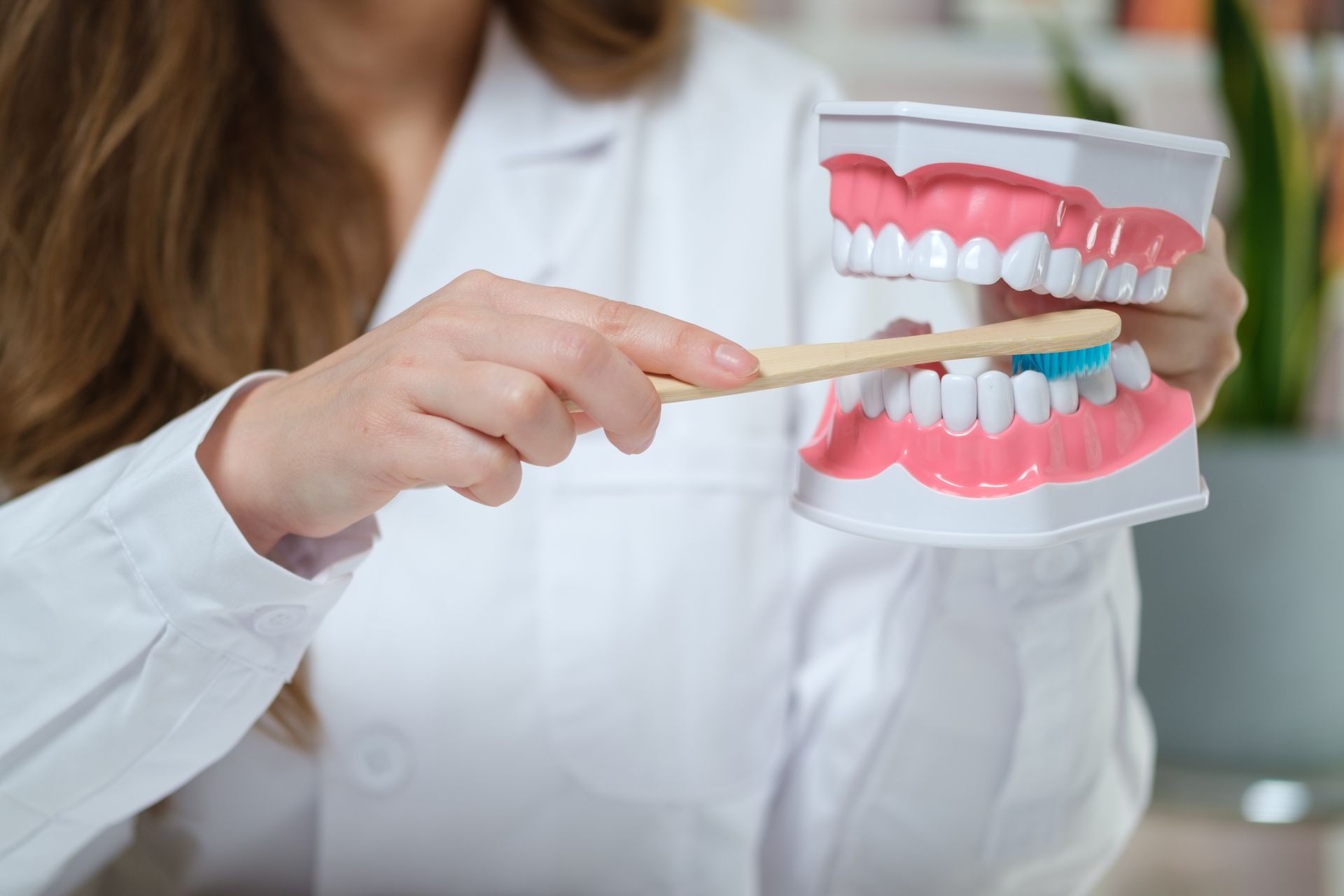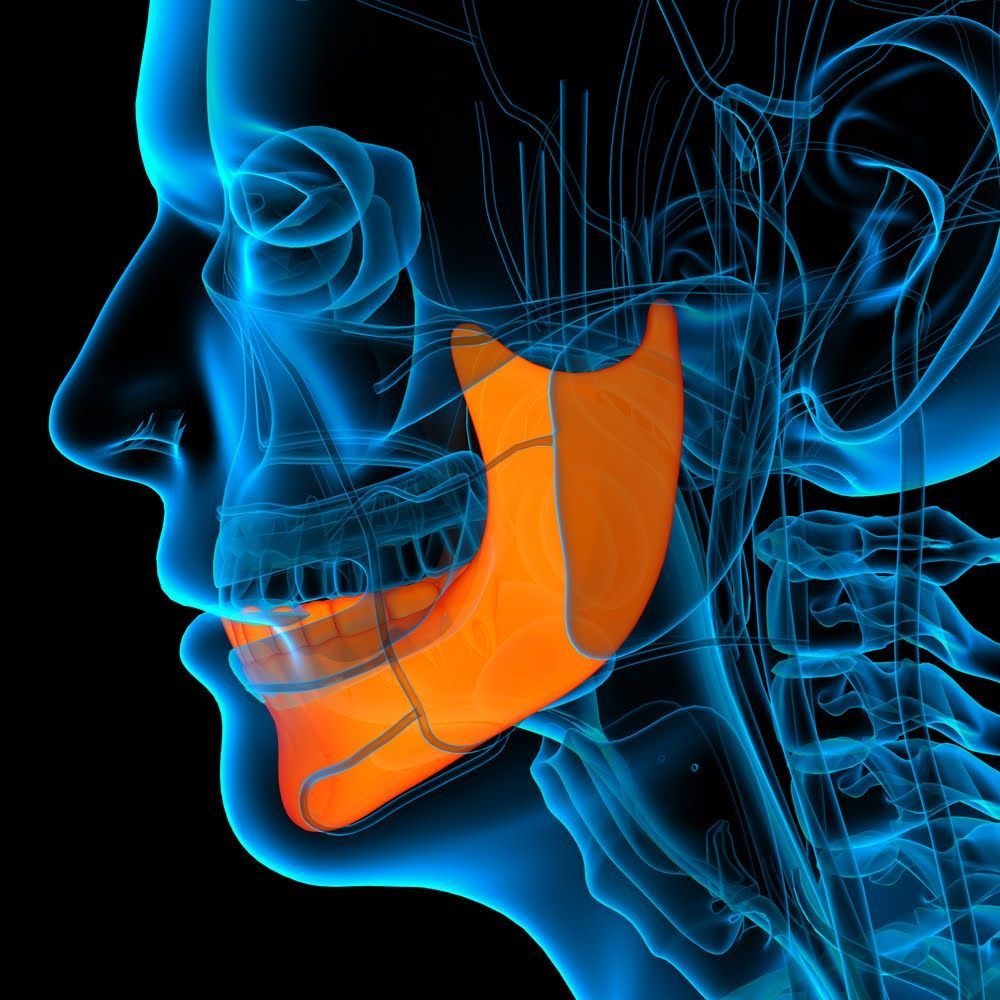Getting Dentures? Understand the Pre-Prosthetic Surgeries You May Need
websitebuilder • March 30, 2020
Getting Dentures? Understand the Pre-Prosthetic Surgeries You May Need
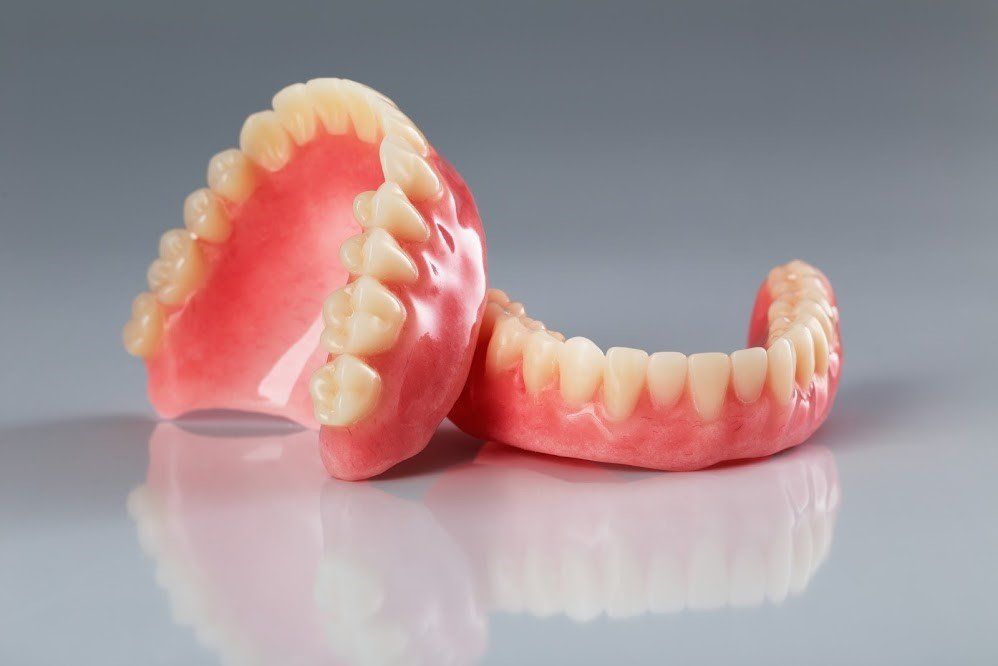
If you are getting fitted for dentures, you may think that all the dentist needs to do is take an impression and then your dentures will be made. However, there are actually quite a few steps to denture fabrication; you may have multiple appointments to get the right fit and aesthetics. And even before you get fitted for your dentures, you may need some pre-prosthetic surgeries.
The goal of pre-prosthetic surgeries is to set up your oral tissues in a way so that your dentures fit well and fit comfortably. Your oral surgeon may only need to do one surgery or they may need to do a few surgeries to get the desired results. Read on to learn a little bit more about different pre-prosthetic surgeries you may need before you get your dentures.
Tooth Extractions
If you still have teeth that are healthy, your dentist may recommend that you get a partial denture. Partial dentures only cover a portion of missing teeth and have metal clasps that can wrap around your natural teeth for retention.
If most or if all your teeth are decayed/missing, then your dentist may recommend that they extract your remaining teeth so that a full denture can fit correctly.
If you don't want to have a separate procedure for extractions and denture placement, you may want to consider immediate dentures. Immediate dentures act like a bandage and control bleeding after an extraction. And you won't have to go into public with missing teeth since the immediate dentures act as temporary restorations for eating and talking until your final dentures are made.
Alveoloplasty
An alveoloplasty is a procedure where your oral surgeon smooths the alveolar bone — often after a tooth extraction. After multiple extractions, your alveolar bone, which is the jawbone that holds your tooth sockets, can have an uneven scalloped shape. During an alveoloplasty, your oral surgeon will shape your jawbone so that it is even in its shape — meaning your dentures will fit snugly in your mouth without causing you discomfort.
Your alveolar bone will support your dentures, so if the bone is uneven in its shape, height, or width, your dentures may cause pressure sores and have poor retention. Plus, while denture-wearers' jaw bones naturally resorb, or shrink, over time, this process can speed up if your dentures compress deviations in the jawbone.
Gingivectomy
A gingivectomy is a procedure where your dentist removes some of your gum tissue. This surgery may be required if you have excess folds of gum tissue that hinder denture retention.
A gingivectomy before denture placement can also be necessary if you have diseased gum tissue. Even if you don't have any teeth, you can still suffer from gingivitis and other gum diseases. For example, if your gums have pulled away from the alveolar bone because of plaque, you could be at risk for bacterial infections. Wearing dentures can be painful if your gums are swollen from infection.
Furthermore, untamed gum disease can also destroy the underlying alveolar bone. Because your alveolar bone supports your dentures, it needs to retain as much of its structure as possible.
Tori Removal
Tori are bony protuberances underneath gum tissue — usually near your tongue on your lower jaw or on the palate of your upper jaw. Bruxism and genetic predispositions can both cause tori to form.
Tori excisions are like alveoloplasties in that your doctor will remove excess bone so that your dentures will fit better in your mouth. If you don't have tori removed, then your dentures may rub these protuberances.
Contact us at the San Diego Center for Oral & Maxillofacial Surgery
to learn more about pre-prosthetic surgeries and whether you need to undergo them before you get your dentures.


